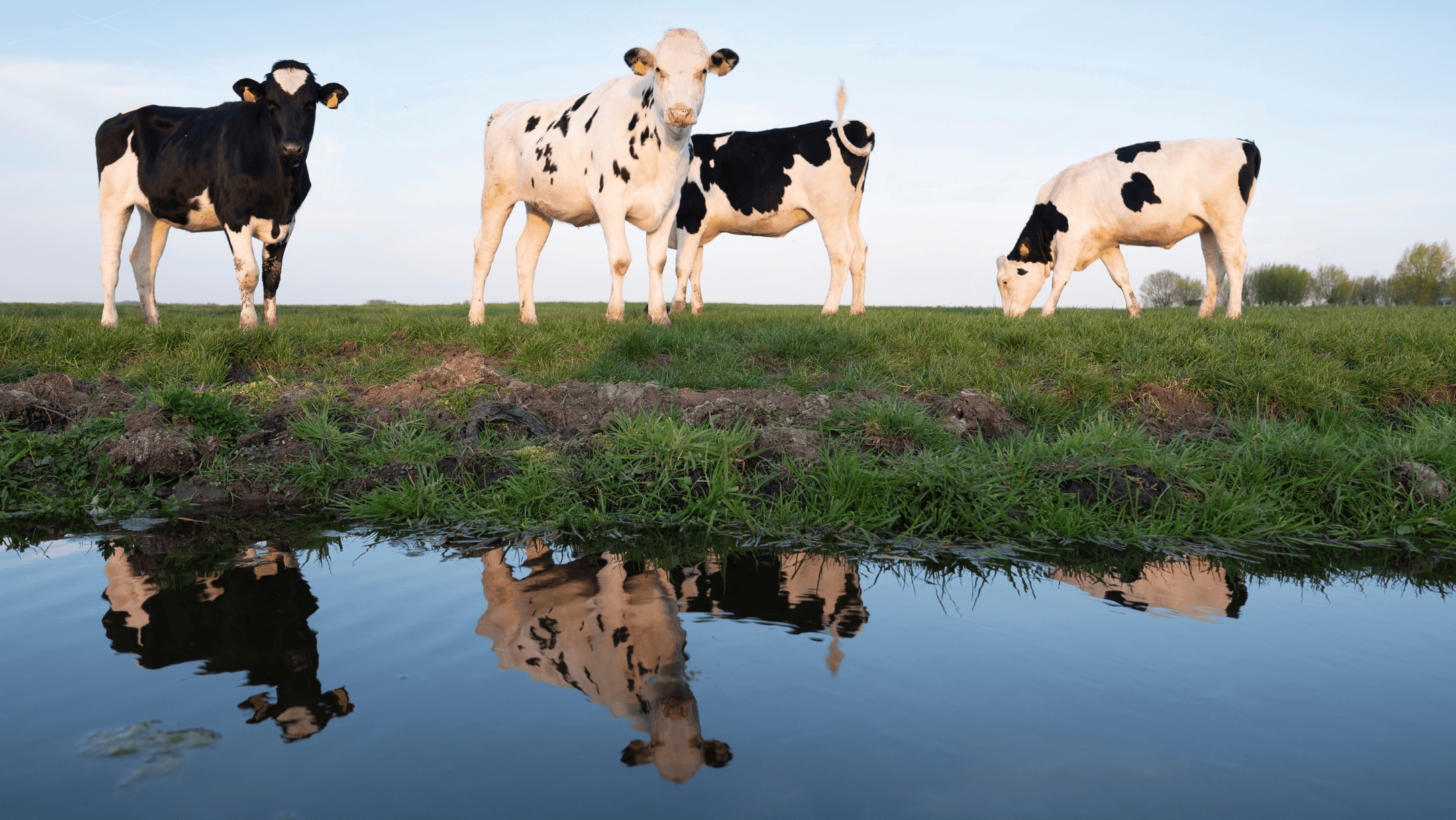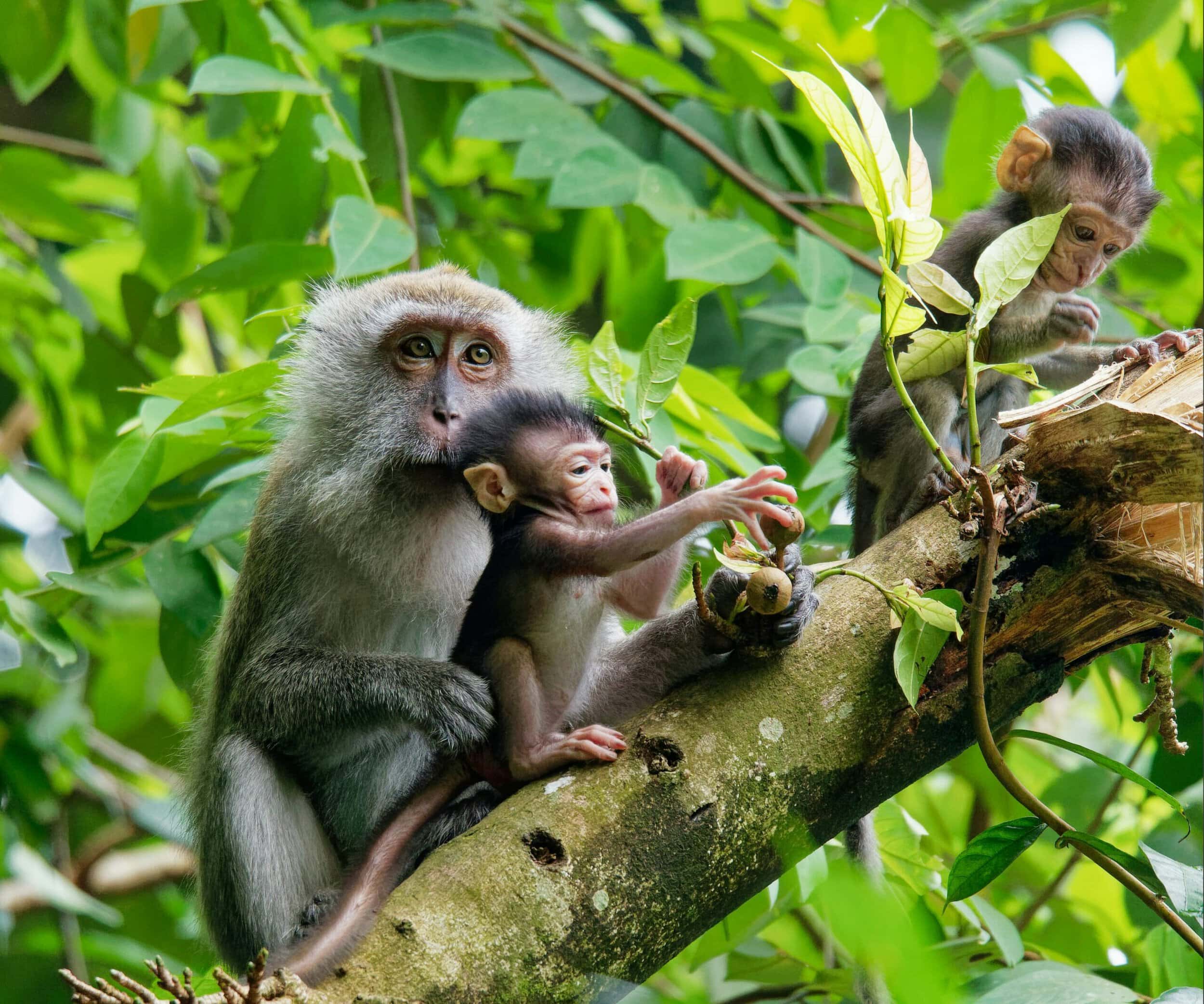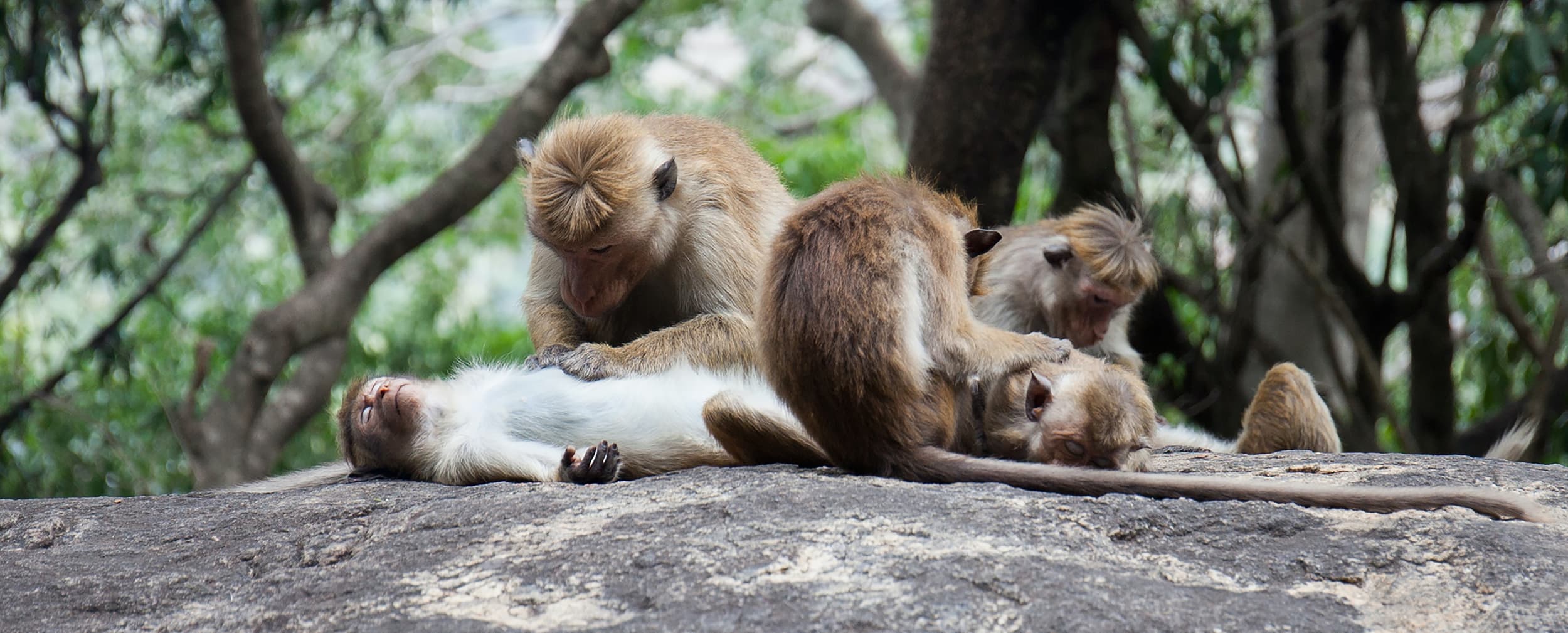“Governments must reverse the global expansion of industrialised animal farming and agriculture”, recommend NGOs from around the world as an avenue to advance the implementation of Sustainable Development Goals (SDGs). In their 2022 position paper for the High-level Political Forum (HLPF) on Sustainable Development, they also advocate that “replacement (non-animal) products and industries should be explored and supported, such as seaweed farming, plant-based alternatives, and cellular seafood.”
Each year the HLPF, a UN platform monitoring progress on the SDGs, reviews a subset of these. Life below water (SDG 14), and life on land (SDG 15), are among those under review in 2022.
Identifying barriers to the achievement of these SDGs, the NGO Major Group raised the consideration of animal issues throughout its Paper. In its introduction, NGOs call to “safeguard wetlands, forests, and agricultural lands, prioritising the storage and sequestration of carbon and sustainable practices that do not encourage exploitation of humans, animals, and the environment.”
The theme of the Forum this year is “Building back better from COVID-19 while advancing the full implementation of the 2030 Agenda for Sustainable Development”. The Group’s acknowledgement that “wildlife trade is a threat not only to biodiversity, but also increases the risk of future zoonotic disease outbreaks and transmission by bringing humans into close contact with animals at all stages along the supply chain” is thus of particular relevance. This is in sharp contrast to the draft HLPF Ministerial Declaration where a call to urgently protect wildlife and other living species is notably absent. The draft Ministerial Declaration also omits any discussion of wildlife poaching and trafficking, despite the high zoonotic risk and related costs associated with it.
“The recognition of the obligation to ensure the welfare of animals and the integrity of the whole of nature”, concludes the Paper, is a way to address the many structural obstacles hindering the achievement of SDG15. It further identifies the need for “the prioritisation of a just One Health approach, which addresses the interconnected health and well-being of humans, other animals, and the environment”. We couldn’t agree more. As the Group rightly notes, “taking a holistic, One Health approach in pandemic recovery can have myriad benefits, including mitigating climate change, reducing environmental degradation and pollution, halting biodiversity loss, while simultaneously supporting human and animal health and welfare.”
Photo by Forest Simon on Unsplash





